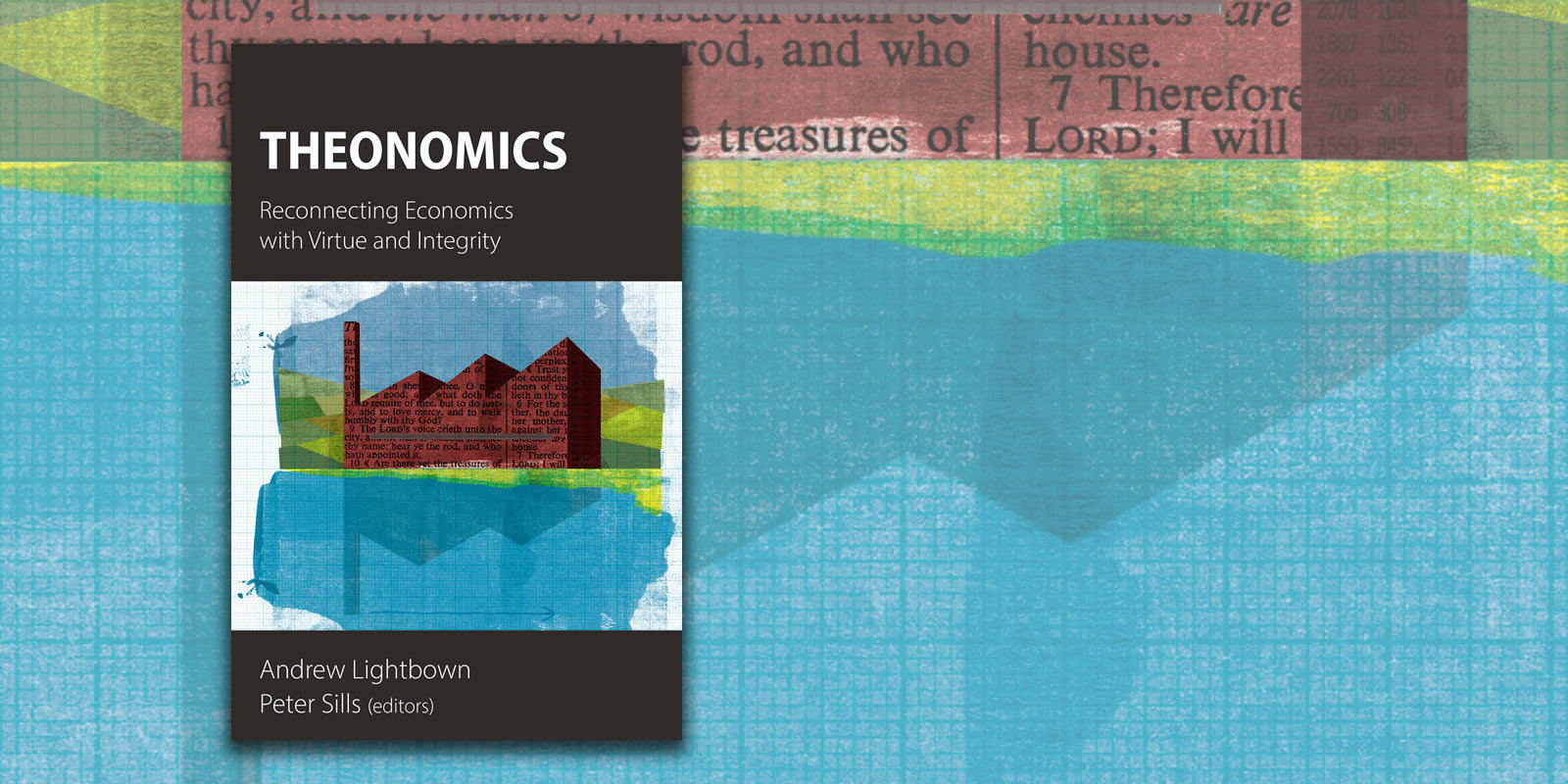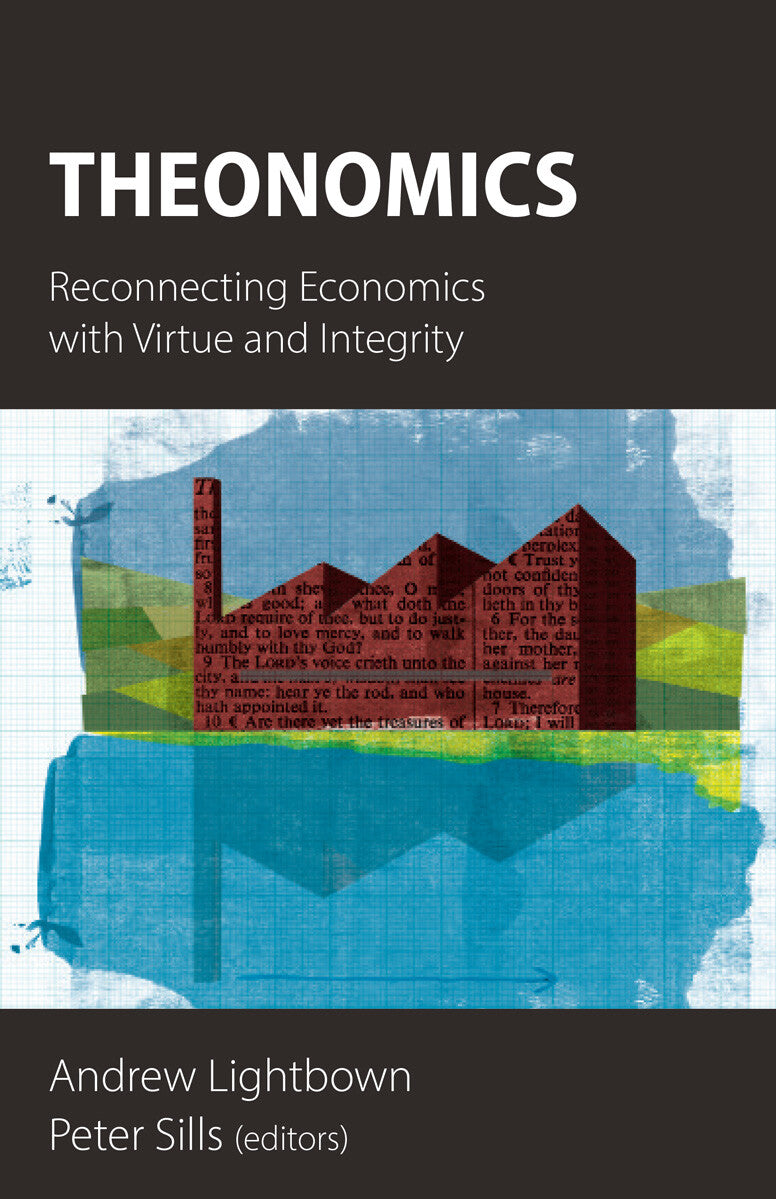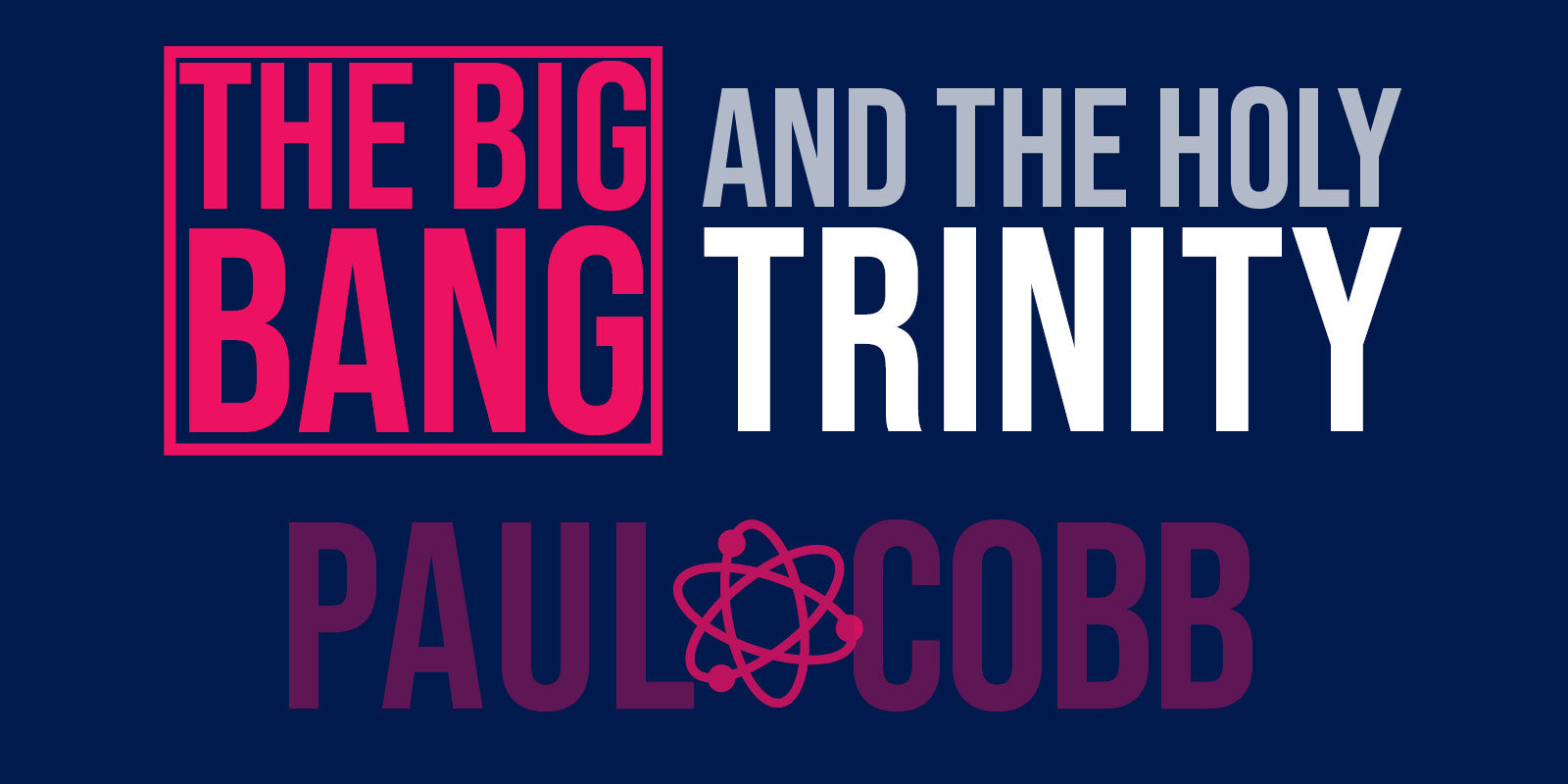GUEST BLOG: Peter Sills examines how Christianity can help us all to reconnect economics with virtue and integrity in the modern world.
Wherever you look, economics dominates our lives. The Brexit debate is largely conducted in economic terms; the way we structure health and social services and education is determined by economic criteria. Economics provides the language through which the world is understood, human and social problems are defined, and solutions to those problems are expressed.
Economic ideas are based on assumptions about human nature and motivation, about what makes for happiness, and about the goals of human society. Thus human behaviour is believed always to be rationally motivated towards maximising our self-interest; other motivations like love, altruism and simply following fashion are ignored. Economics sees people primarily as consumers – economically we are defined by our appetites: the way to happiness is increasing material consumption, and work is viewed as a disutility, something we have to do in order to acquire the resources to consume.
Who really sees the world and men and women in that way? Are we not spiritual and moral beings? Is not happiness more to do with deep and sustaining relationships? Is not work part of what we are made to do, and the way in which we contribute to the common good and find our purpose in life?
Economic theory has become a rival religion: we hope for economic miracles and look for economic salvation. Has the Christian faith nothing to contribute? One economist who felt strongly that it did was Andrew Lightbown, who decided to invite a group of people to reflect on their work from a Christian perspective, and Theonomics is the result. I was pleased to accept Andrew’s invitation to be his co-editor because economic theory is something that has bugged me for a long time. I went to university to study economics with high expectations; after a year I changed course. It seemed to me that what I was studying was divorced from reality, a truth brutally driven home by the economic crisis of 2008 – a crisis compounded by the rise of a culture that is highly individualistic and materialistic based on utilitarian moral values.
For several years now it has been apparent that the generally accepted economic ideas are not working, and many economists share this view, among them Jane Collier and Ha-Joon Chang of Cambridge. Indeed, years ago, the American economist J. K. Galbraith said that ‘the only function of economic forecasting is to make astrology respectable’.
If theoretical failure is one cause of the financial crisis, another is moral failure. Alongside the financial deficit there is an equally large ethical deficit, the true (and shocking) extent of which is only now becoming apparent: banks, newspapers, police, social services and sport have all in different ways shown the extent of this moral deficit. The contributors to Theonomics do not believe that we have all the answers, nor that there is a distinctively Christian political or economic programme, but we do believe that any effective answer, to both the economic and the ethical crises, involves taking seriously the insights of the Christian faith. What do we offer?
Firstly: we offer a framework for economics based on six key principles drawn from the Bible and Christian social teaching: community, solidarity, justice, gift, service and subsidiarity. Getting the principles right is one thing and working according to them is another, so we also explore the kind of spirituality which enables us to make the principles our own.
Secondly: we offer specific examples of the way the principles shape important areas of economic life – leadership, gift, investment, manufacturing and work, housing and education. Each of these studies is written by a practitioner, and drawn from their day-to-day experience.
Theonomics is a contribution to a growing body of writing calling for a change in economic thinking, often from leading economists. It is important that the Christian perspective is heard in this debate. The truth of the gospel is a truth which must be done. This is a challenge to any Christian, and especially to Christians in areas of life where faith has effectively been excluded, like the economy. If you are a Christian in business, or engaged in any part of the economy, Theonomics asks you: what difference does your faith actually make to the way you do business? And Theonomics challenges you to use in your work the resources that the faith offers. If you are not a Christian, but are concerned about the ethical deficit and the way financial goals have trumped all other goals, Theonomics asks you: what is the source of your moral values, and how do you make them part of your business life? And Theonomics challenges you to look beyond secular models and see if the wisdom that the Christian faith offers is something that could help you.
Wherever we come from, we are all addressing the basic question: which is the more basic model: society or the economy? Theonomics is about putting the horse back in front of the cart; it does not deny the importance of financial value, but it insists that human value comes first.
Peter Sills is co-editor of our July #BookOfTheMonth, Theonomics: Reconnecting Economics with Virtue and Integrity.
At a time when economics, banking and commerce are never out of the headlines, Theonomics asks if theology is capable of informing, shaping and penetrating all aspects of life, and especially economic life. Theonomics argues for the recovery of the classic virtues of prudence, temperance, fortitude, justice and humility as animators of a lively and Godly economy. Through a series of reflections written by practitioners, Theonomics offers encouragement and empirical evidence for the integration of theology and everyday economic activity.











